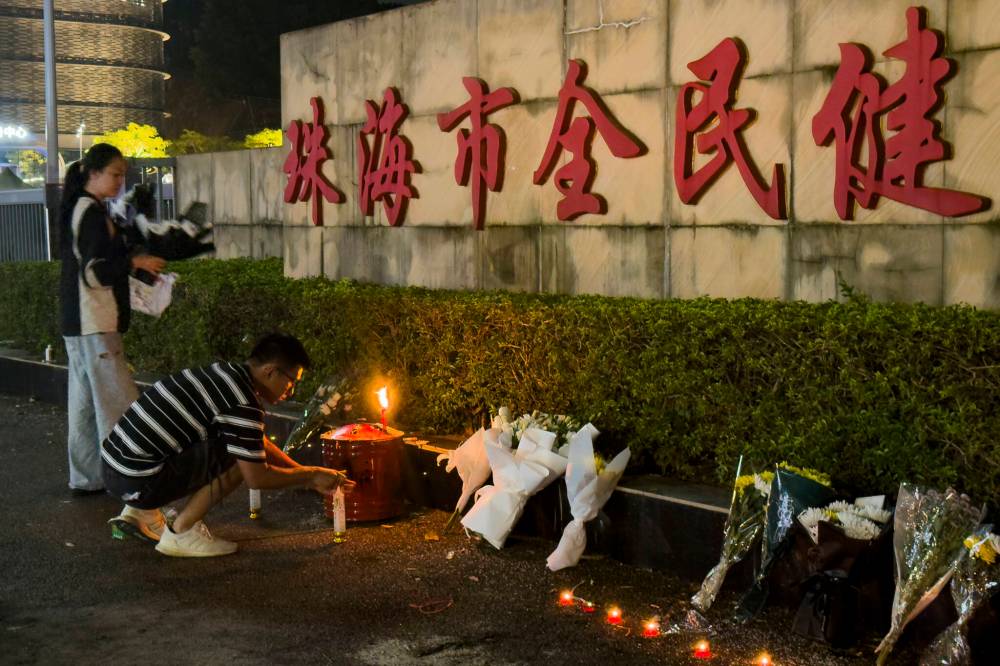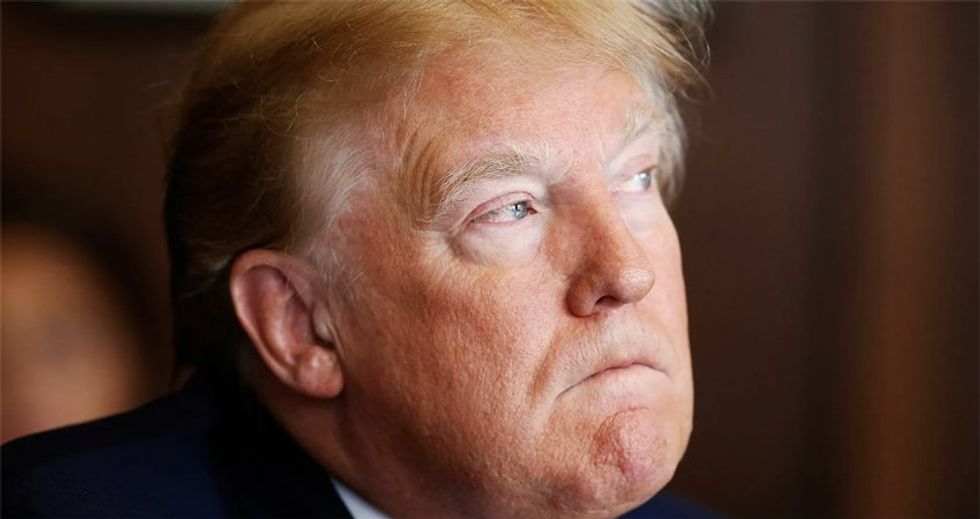
Violent episodes in China are extremely few and far between. A series of random public attacks in recent months has thus rocked the country. But longtime China watchers suggest the incidents — along with rising public discontent — stem from a slowdown in the nation’s once roaring economy.
Read this article for free: Already have an account? To continue reading, please subscribe: * Violent episodes in China are extremely few and far between. A series of random public attacks in recent months has thus rocked the country. But longtime China watchers suggest the incidents — along with rising public discontent — stem from a slowdown in the nation’s once roaring economy.

Read unlimited articles for free today: Already have an account? Opinion Violent episodes in China are extremely few and far between. A series of random public attacks in recent months has thus rocked the country. But longtime China watchers suggest the incidents — along with rising public discontent — stem from a slowdown in the nation’s once roaring economy.
Wealthy elites aside, Chinese living standards are falling for the first time in living memory. A property sector crash, birthrate crisis, aging labour force, trade wars and plummeting foreign investment are taking a toll. As have environmental degradation and the ballooning debt of local governments.
Following the devastation of the pandemic, China’s GDP growth rate was three per cent in 2022. It was 5.2 per cent last year and is forecast to be around 4.
8 per cent this year. Those figures are the envy of Western countries. However, for China, it represents the worst stretch of economic expansion since the early 1970s.
NG HAN GUAN / THE ASSOCIATED PRESS FILES A man lights a candle outside the ‘Zhuhai People’s Fitness Plaza’ where a man deliberately rammed his car into people exercising at the sports centre, killing some and injuring others in Zhuhai on Nov. 12. Social unrest is growing in China.
This is translating into a diminished quality of life for much of China’s population. Add in a lack of civil liberties and absence of a welfare safety net, and it’s proving a combustible mix. A 62-year-old man killed 35 people and injured dozens more on Nov.
13 by driving his car into a crowd at a sports complex in the southern coastal city of Zhuhai. It was China’s worst mass killing in decades. Media reported the suspect was motivated by anger over his divorce settlement.
Days later, a 21-year-old student at a technical college in the eastern city of Wuxi went on a knife-wielding rampage, killing eight people and wounding 17 others. By failing his exams, he cemented a bleak outlook for himself. Even unskilled factory jobs in China are now getting filled every year by millions of degree-holders just trying to find work.
Youth unemployment hit 21 per cent in August 2023 before the government’s statistics agency temporarily stopped releasing such data. Reports resumed months later, after officials adjusted their methodology to soften the numbers. Four people were killed and 15 hurt at the end of September in stabbing spree by a 37-year-old male at a Shanghai Walmart.
Police said he was seeking to “vent his anger due to a personal economic dispute.” Another knife attack in Beijing at the end of October near an elementary school injured five, including three children. Elsewhere, the China Dissent Monitor — a project of the Washington-based democracy watchdog Freedom House — last month released data showing that protests, led mostly by labourers and property owners, spiked 27 per cent countrywide during summer.
Chinese authorities have ramped up their surveillance apparatus and censorship machine in response. Videos, articles and other content mentioning violent disturbances and demonstrations are scrubbed from China’s internet and social media platforms. A memorial to the victims at the site of the Zhuhai attack was swiftly dismantled.
Responding to rumbling criticisms last year, President Xi Jinping told frustrated citizens to learn to “eat bitterness.” Not too long ago it seemed assured that China would by mid-century surpass America as the world’s leading economy. That prospect is now very much in doubt.
Yet Xi and the ruling Chinese Communist Party (CCP) remain committed to their model of state-sponsored capitalism for two main reasons. First, by encouraging and enabling Chinese companies to produce an excess of supply of goods for export, it generates ample tax revenue without relying too much on domestic consumption. The CCP has long feared empowering middle-class consumers.
The party’s ideology opposes the promotion of individualism in any way that could become politically threatening. Second, by dominating essential sectors, China places itself at the centre of the global economy. It also strategically undercuts the domestic industries of Beijing’s adversaries.
This is currently the case for electric vehicles, solar panels, critical mineral processing and more. Winnipeg Jets Game Days On Winnipeg Jets game days, hockey writers Mike McIntyre and Ken Wiebe send news, notes and quotes from the morning skate, as well as injury updates and lineup decisions. Arrives a few hours prior to puck drop.
Truth is, for all of China’s mounting economic problems, it is still an industrial juggernaut. No other country even comes close. Indeed, trade data show globalization is hardly being reversed by so-called “friendshoring.
” Supply chains are not actually pivoting away from China; they are becoming longer and more complex. Malaysia, Thailand, Vietnam and Mexico are all importing more products from China. These then get repurposed or repackaged as exports to the rest of the world — liberal democracies included.
And largely to the benefit of Western companies and consumers. China’s finance minister last month announced a US$1.4-trillion stimulus package, with more to come in 2025.
Turning the world’s second-largest economy around will take time. Meanwhile, expect the country’s citizens to continue to find creative — and destructive — outlets for their newfound anxieties. Advertisement Advertisement.










